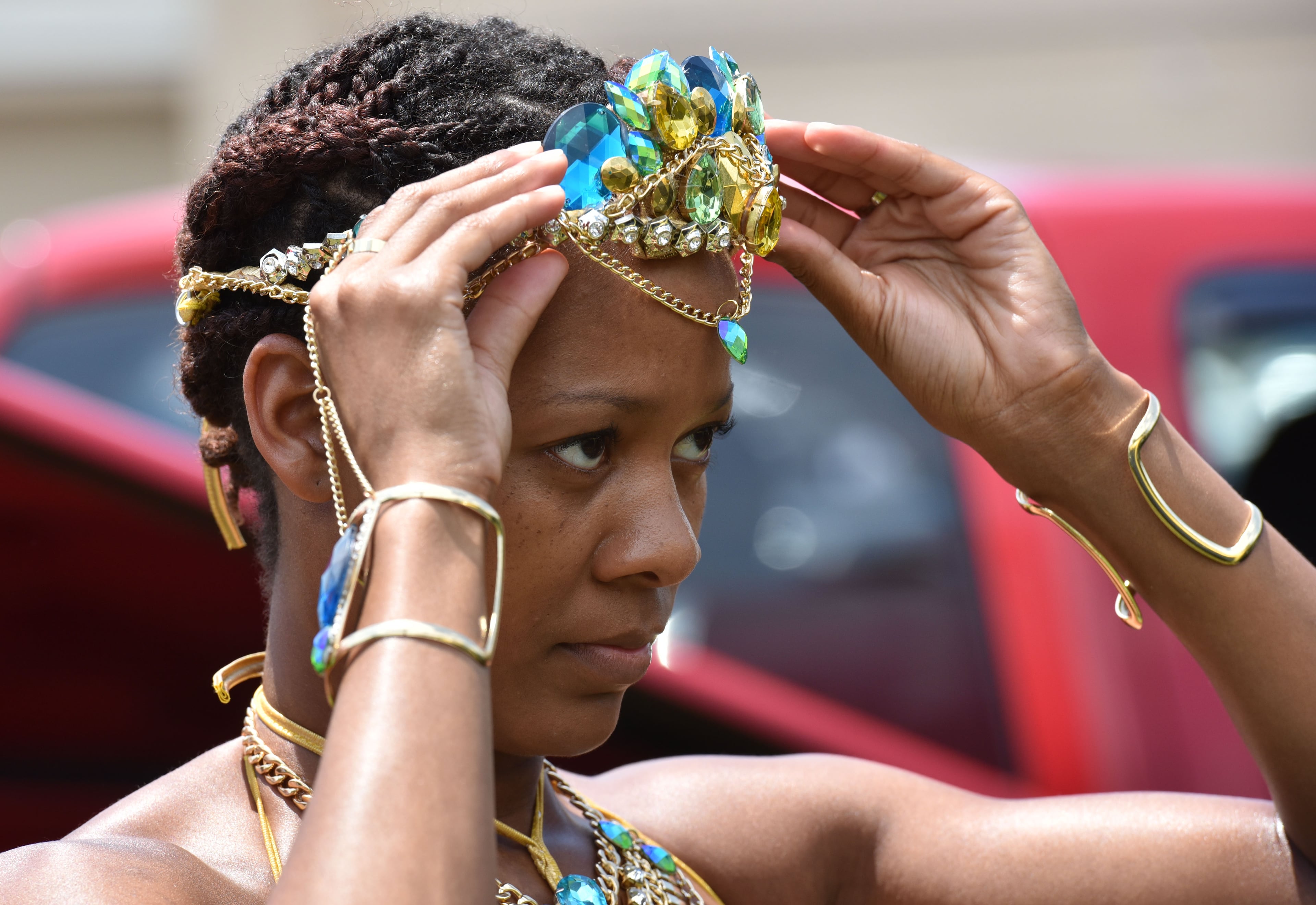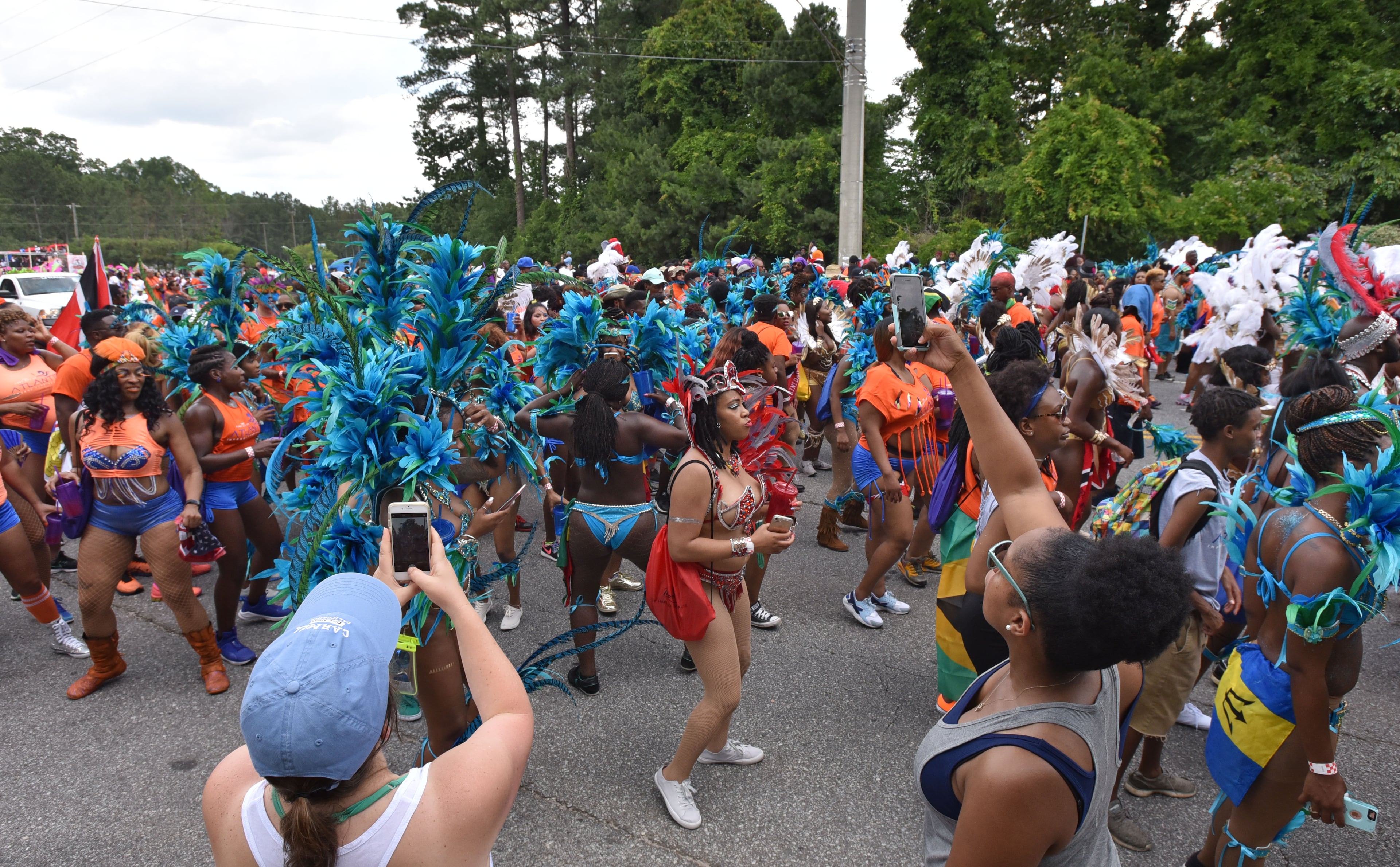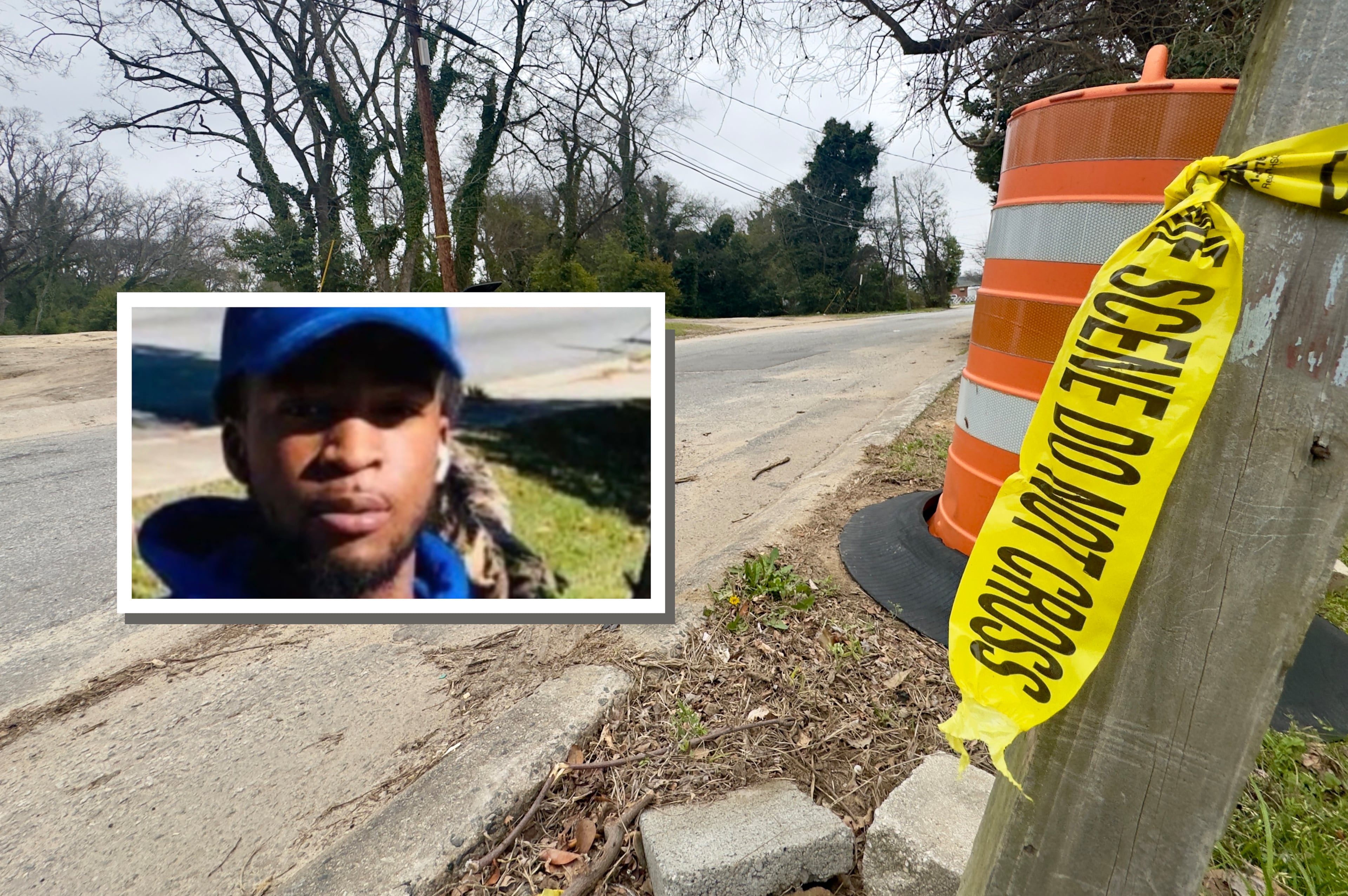Atlanta’s foreign-born Black population soars, new study shows

Immigrants are rapidly diversifying the Black population in the U.S. – and in Georgia.
Around 10% of all Black people living in the U.S. were born abroad, up from 3% in 1980, according to a Pew Research Center report released Thursday. The foreign-born Black population, currently estimated at roughly 4.6 million, is projected to double in size by 2060.
Many Black immigrants call Georgia’s capital home. Out of all U.S. metro areas, Atlanta holds the fourth largest Black immigrant population, with roughly 190,000 Black immigrants in 2019. That puts metro Atlanta ahead of Boston (180,000 Black immigrants) and behind Washington, D.C. (260,000). New York City leads the country with roughly 1.1 million Black immigrants in 2019. Since 2010, the Black immigrant population in Atlanta grew by 165%, according to the Pew report.
Georgia is also among the top 10 states of residence for U.S. Black immigrants, coming in at number eight, with a total population of 200,000 (in 2010, that figure was 100,000).
Lovette Kargbo Thompson is an Atlanta organizer with the Black Alliance for Just Immigration. She says she welcomes initiatives that highlight the size and influence of Black immigrants as a group.
“When we talk about immigration, it is important that we include everyone. This is not an issue that only impacts one particular race,” she said. “Black immigrants’ story can often be left out of the narrative ... If we don’t center Blackness in the immigration world, then we’re going to be forgotten.”
In part because of sizable Black immigrant communities in both Florida and Texas, the South is the region with the highest share of the country’s total Black immigrant population (42%). The American South is also home to the largest share of African-born immigrants (40%).
According to Pew Research Center experts, both the foreign-born and native-born Black populations are projected to grow in the coming decades, but Black immigrant growth will be much more significant. Between 2020 and 2060, the foreign-born Black population is expected to grow by 90% and pass the 9-million-people threshold. During that same time span, the U.S. born Black population, roughly 40 million people in 2020, is projected to grow by 29%.
‘Black dignity’
When Patricia Henry and her husband moved to Atlanta in 2003, the couple didn’t know anyone in town.
“Our families thought we were crazy,” Henry, an immigrant from Antigua, said. “Next thing you know, everybody is trying to come here.”
Henry’s job as one of the organizers of the annual Atlanta Caribbean Carnival has given her a front-row seat to her community’s growth, with the 2021 edition drawing roughly 20,000 people.
“It has become so much bigger, so much more popular,” she said. “To us, it’s about celebrating our Caribbean heritage and culture, because we grew up with Carnival … It’s a celebration of emancipation from slavery.”
Henry explained that the most represented territory among Atlanta’s Caribbean diaspora are the U.S. Virgin Islands (where residents are U.S. citizens), followed by Jamaica, Haiti and Trinidad. She said many choose Atlanta because they see the city as a place of economic opportunity.
Black immigrants are not the only Black newcomers. According to the U.S. Census, the overall Black population in the five core counties of Fulton, Gwinnett, Cobb, DeKalb and Clayton grew by nearly 20% on average since 2010, a rate of growth driven in part by African Americans moving to the area from other states.
Kargbo Thompson says the same factors that make Atlanta attractive to native-born Black Americans also influence Black immigrants.
“They’re looking for communities where there is Black dignity, where we have the power and the opportunity to thrive.”

Black immigrants stand out
Although the experiences of Black immigrants are similar in many ways to those of both native-born Black Americans and other immigrant groups, Pew researchers found differences in some key socioeconomic indicators.
For example, a larger share of Black immigrants over age 25 have a college degree compared to their U.S.-born counterparts (31% vs. 22%), the report says. Black immigrants’ median household income of $57,200 also exceeds that of Black residents born in the U.S. ($42,000), though it lags behind that of other immigrant-led households ($63,000) and white households ($72,000).
According to Kargbo Thompson, differences in socioeconomic status don’t necessarily bulwark Black immigrants against the obstacles native-born Black Americans run into, including race-based discrimination.
“No matter how diverse we are as far as our background or life experiences, one of the things that we do share is the color of our skin. And because of that, whether they know it or not when they arrive in this country and in this area, they are still discriminated against because of their race.”
Legal status
Black immigrants are more likely than immigrants overall to have long-term legal status in the U.S., with a majority of the Black foreign-born population having become naturalized U.S. citizens, slightly outpacing the overall immigrant population (60% vs. 52%).
Referencing data from 2017, Pew estimates there were 625,000 Black immigrants living in the U.S. illegally that year, accounting for 14% of the total Black immigrant population. In contrast, nearly a quarter of the country’s total immigrant population are unauthorized.
Georgia’s changing population trends
More recent coverage from The Atlanta Journal-Constitution
New report details pandemic’s toll on Georgia’s immigrant population
White populations decline in diversifying Atlanta suburbs
‘There’s diversity within the Black diaspora:’ Afro Latinos in Atlanta speak up
The Jolt: For the first time, Metro Atlanta is now majority-nonwhite

Lautaro Grinspan is a Report for America corps member covering metro Atlanta’s immigrant communities.



